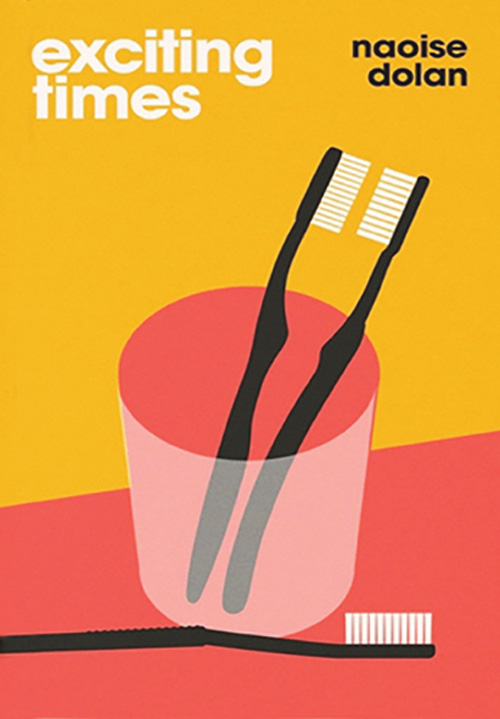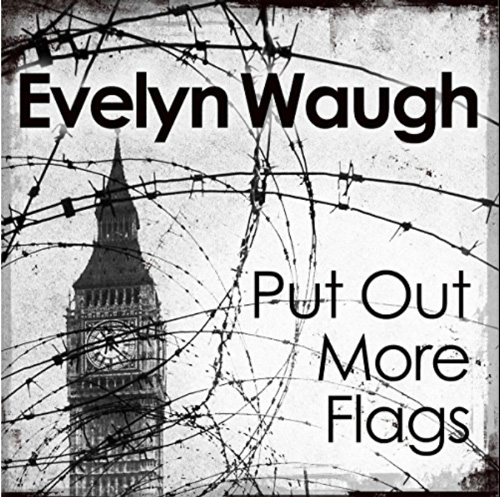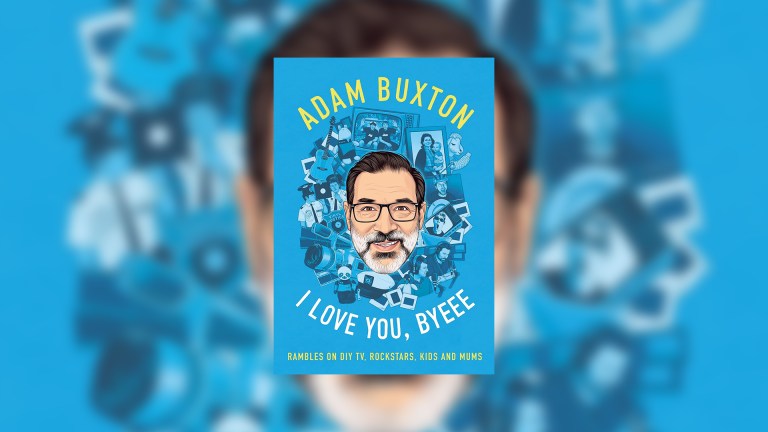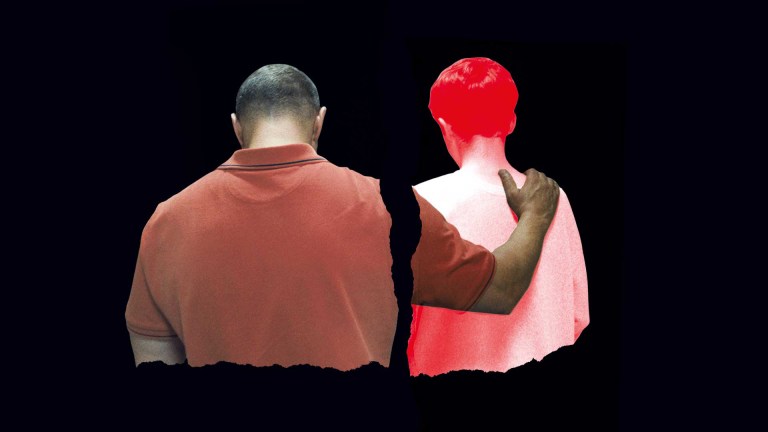There’s a line in a recent interview with novelist Naoise Dolan which encapsulates what makes her such an intriguing fiction writer. Explaining why she’s unsuited to small talk she says, “I need to know the underlying purpose, why things are the way they are, which means I discover why people act the way they do when others wouldn’t have to analyse that behaviour. I can explain why people do things in a way that completely spooks them.”

Dolan’s debut Exciting Times is swooping up plaudits, mostly from critics enthusiastically calling her the new Sally Rooney, or critics attacking the lazy journalists who call her the new Sally Rooney. The comparison is hardly an insult, but it’s based more on the territory they share (young Irish women scrutinising the complexities of modern relationships) than their writing. There are moments reading Exciting Times when she does remind me of other witty, self-mocking, occasionally savage women, but none of them are novelists (though I do wish I could read a book which put me inside the head of Fleabag or Sharon Horgan’s Pulling star Donna).
Mediated by the observational insights of Dolan, Ava becomes a thing of almost inexhaustible fascination
Dolan’s protagonist is Ava, a 22 year old Irish woman negotiating the two very different relationships she’s juggling during her gap year in Hong Kong. Dolan says she has trouble ‘presenting myself as likeable’ and there are times you can imagine Ava – insecure, cynical, obsessively analytical – having the same problem. Her relentless, almost pathological, probing of the thought processes of her two lovers – the emotionally distant but sexually alluring Julian and the cool, confident Edith – could be tiring if she laid it on you every night. But mediated by the observational insights of Dolan, Ava becomes a thing of almost inexhaustible fascination.
Dolan is autistic, which may or may not have helped her find such an original, almost anthropological, voice. She is brutally frank and very funny (“sometimes I love you,” Ava muses in a draft message to Julian, “and sometimes I think it would be best if a plane flew into your office”), and writes without apology, pretension or contrivance, which is rare in someone not yet thirty. I wonder how many aspiring new Naoise Dolans she has already inspired.

Unlike hot ticket Dolan, I have no idea where Evelyn Waugh currently stands in terms of literary fashions. But searching for clarity in the corona haze I find myself once again turning to him. I know many Big Issue readers are enjoying audiobooks right now; if you’re looking for a particularly satisfying back catalogue to get stuck into, Audible has some terrific Waugh narrations – Scoop read by Simon Cadell, Brideshead Revisited by Jeremy Irons, A Handful of Dust (my own favourite Waugh) by Andrew Sachs.
I’m presently in the middle of the wartime black comedy Put Out More Flags, read/performed by Michael Maloney. Published in 1942, it suddenly feels especially pertinent as an insight into both knee-jerk and long-planned responses to seismic, unforeseen social change. It’s hard to believe it was written so early in the war, so prescient is its comprehension of how pre-war assumptions and post-war realisations will clash.










